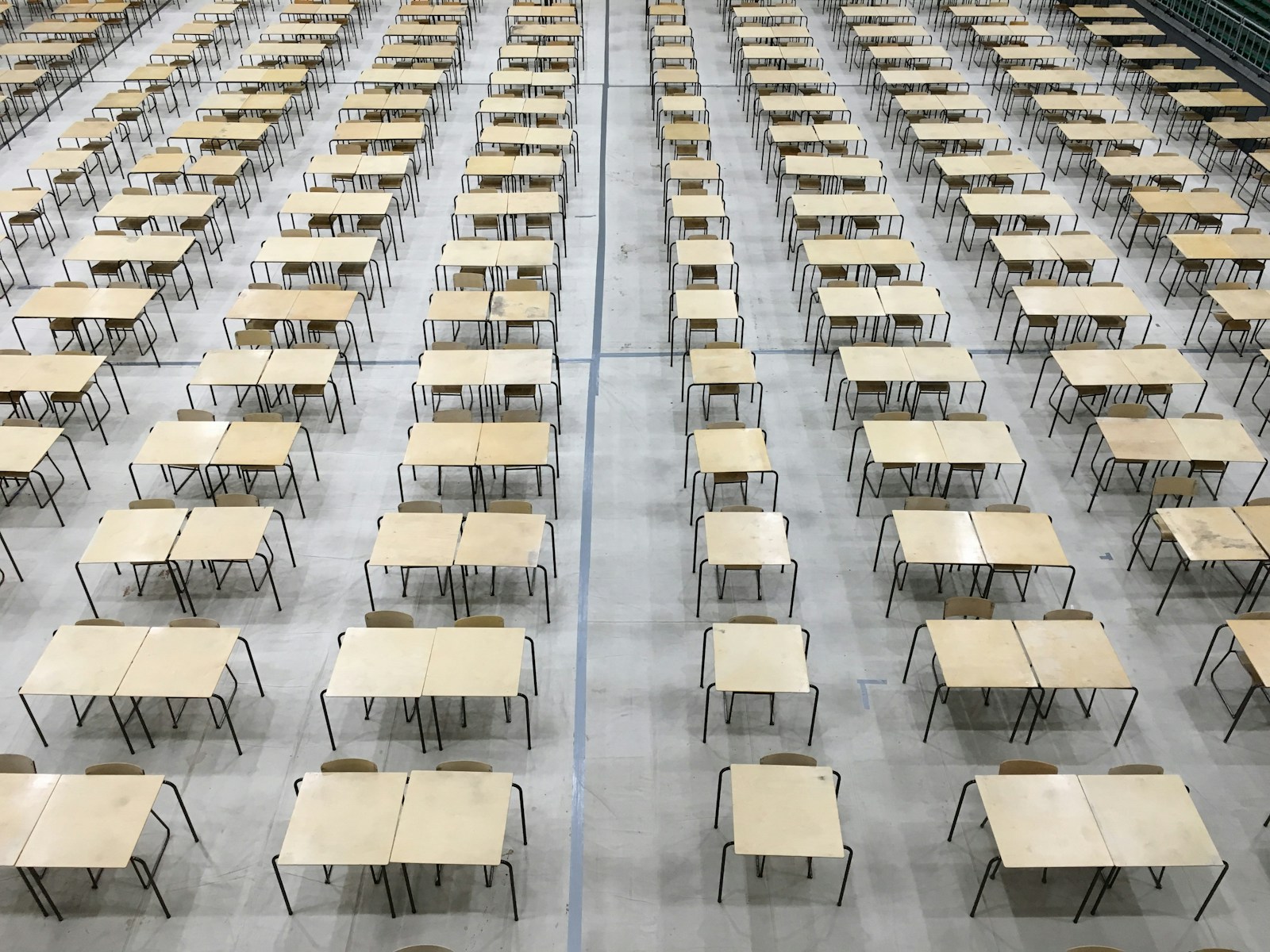The Roundtable: Is the Modern Education System Setting Us Up to Fail?

Editor's Note: Welcome to our monthly roundtable discussion. For our final conversation of the summer, our editors are tackling a topic they know all too well: the immense pressure of the modern education system. This transcript has been lightly edited for length and clarity.
Saerom Kim: So, it's the end of August, and we're all heading back to school. I'm starting my senior year here at Bulloch Academy in Georgia, and the pressure is already intense. It feels like my entire life has been building toward this one year of college applications. It made me want to ask everyone, from your different perspectives, is this system actually working? Are we being educated, or are we just being trained to pass the next test and build the perfect college application?
Yehee Jung: I definitely feel that. Here at NLCS Jeju in Korea, the pressure is astronomical. The entire system is geared towards one single exam, the Suneung. From a public health perspective, the consequences are brutal. We're seeing epidemic levels of stress, anxiety, and sleep deprivation among students. It's a system that optimizes for academic performance at a huge cost to the mental and physical well-being of its students. It feels like we're treating education as an industrial process, and we are the products being manufactured.
Anthony Min: I'm a junior at Pomfret, a boarding school in Connecticut, and the pressure is just as intense, but it takes a different form. It's not just about test scores; it's about building the perfect "brand." You need the high GPA, the top SAT scores, but you also need to be the captain of a sports team, the founder of a non-profit, a talented musician, and have a compelling personal essay. It's a relentless competition in what I would call the "human capital" marketplace. The goal is to assemble the most impressive possible portfolio of achievements to sell yourself to the admissions committee.
Yonghyuk Choi: That's a great way to put it, Anthony. It's a draft. The college admissions process is the ultimate sports draft for academics. And just like in sports, there's a huge industry of private coaching and consulting that has grown up around it—the SAT tutors, the college essay coaches, the extracurricular consultants. It creates a massive advantage for the students whose families can afford to pay for these services. It turns the promise of education as a great equalizer into another system that reinforces existing inequalities.
Minwoo Jung: I think we also need to look at what this system is designed to produce. It's a hyper-competitive, individualistic system that rewards personal achievement above all else. I wonder if it is effectively preparing us to solve the massive, collective problems our generation is inheriting, like climate change or geopolitical instability. Those problems require cooperation, empathy, and a sense of collective responsibility, qualities that our current educational system doesn't seem to prioritize. We're being trained to be great competitors, but are we being trained to be good citizens?
Saerom Kim: That's the question I keep coming back to. I'm learning a lot, and I'm working incredibly hard. But sometimes I feel like I'm so focused on the next deadline and the next exam that I don't have time to be curious, to explore a topic just for the love of learning. The process of getting the grade has become more important than the process of learning itself.
Yehee Jung: And the irony is that this pressure-cooker environment can actually be counter-productive to real scientific innovation. Breakthroughs in science often come from curiosity, from play, from following a strange idea down a rabbit hole. The current system, with its rigid curriculum and emphasis on standardized testing, leaves very little room for that kind of creative, unstructured exploration. We're getting very good at finding the right answers, but I'm not sure we're learning how to ask the right questions.
Final Thoughts
Yonghyuk Choi: The college admissions process has become the ultimate individual sport, and the pressure on the athletes is reaching a breaking point.
Anthony Min: It's a hyper-competitive marketplace where students are forced to package and sell themselves as a brand, often at a significant cost to their own well-being.
Saerom Kim: I worry that in our obsession with building the perfect resume for college, we're forgetting to build a life.
Yehee Jung: From a public health standpoint, the modern education system is a chronic stress-delivery mechanism that is causing real and lasting harm to a generation of students.
Minwoo Jung: A system that rewards individual competition above all else is poorly designed to create the collaborative problem-solvers the 21st century so desperately needs.
What do you think? Is the pressure of the modern education system a necessary evil or a destructive force? Let us know your thoughts in the comments below.



